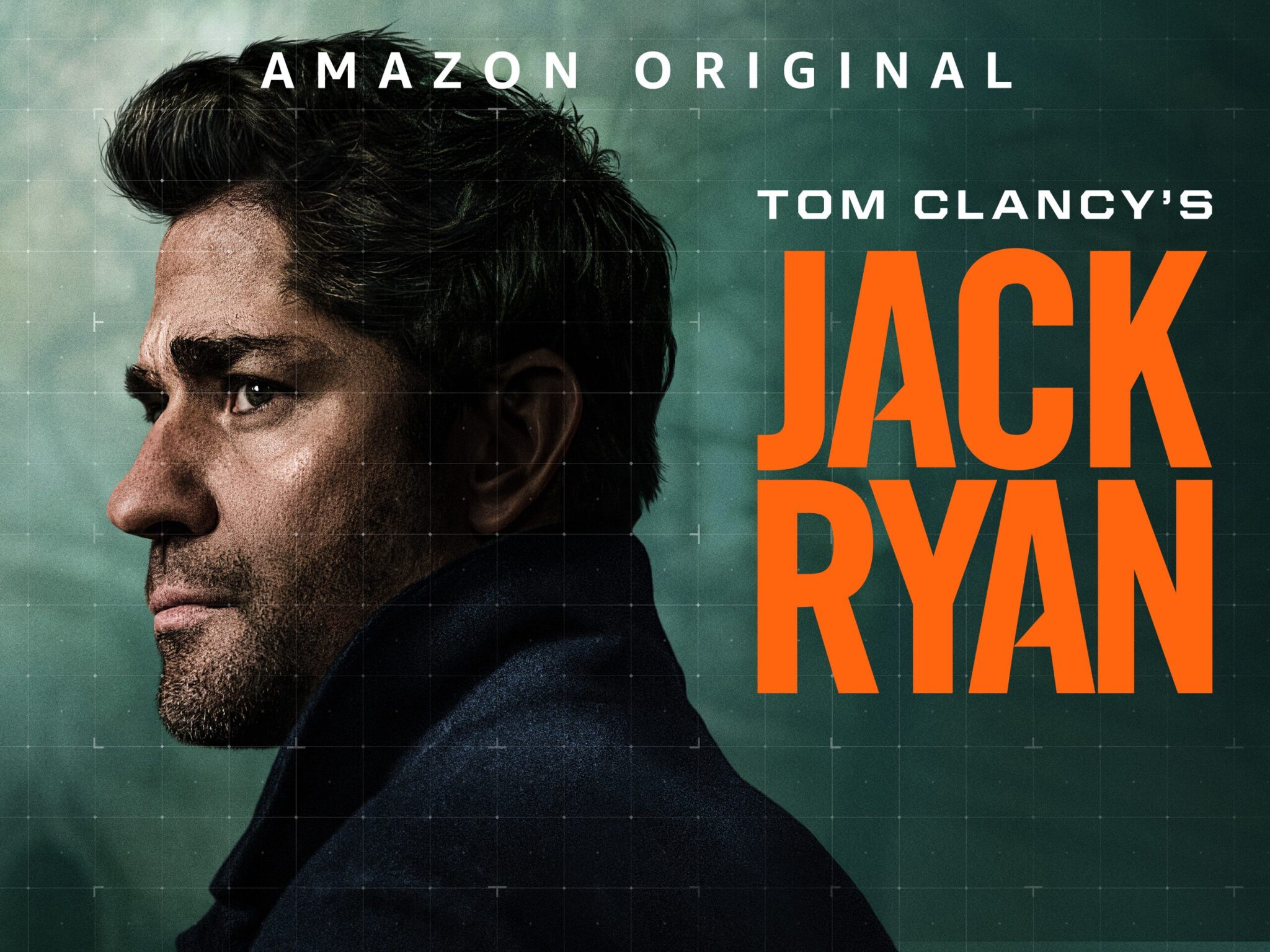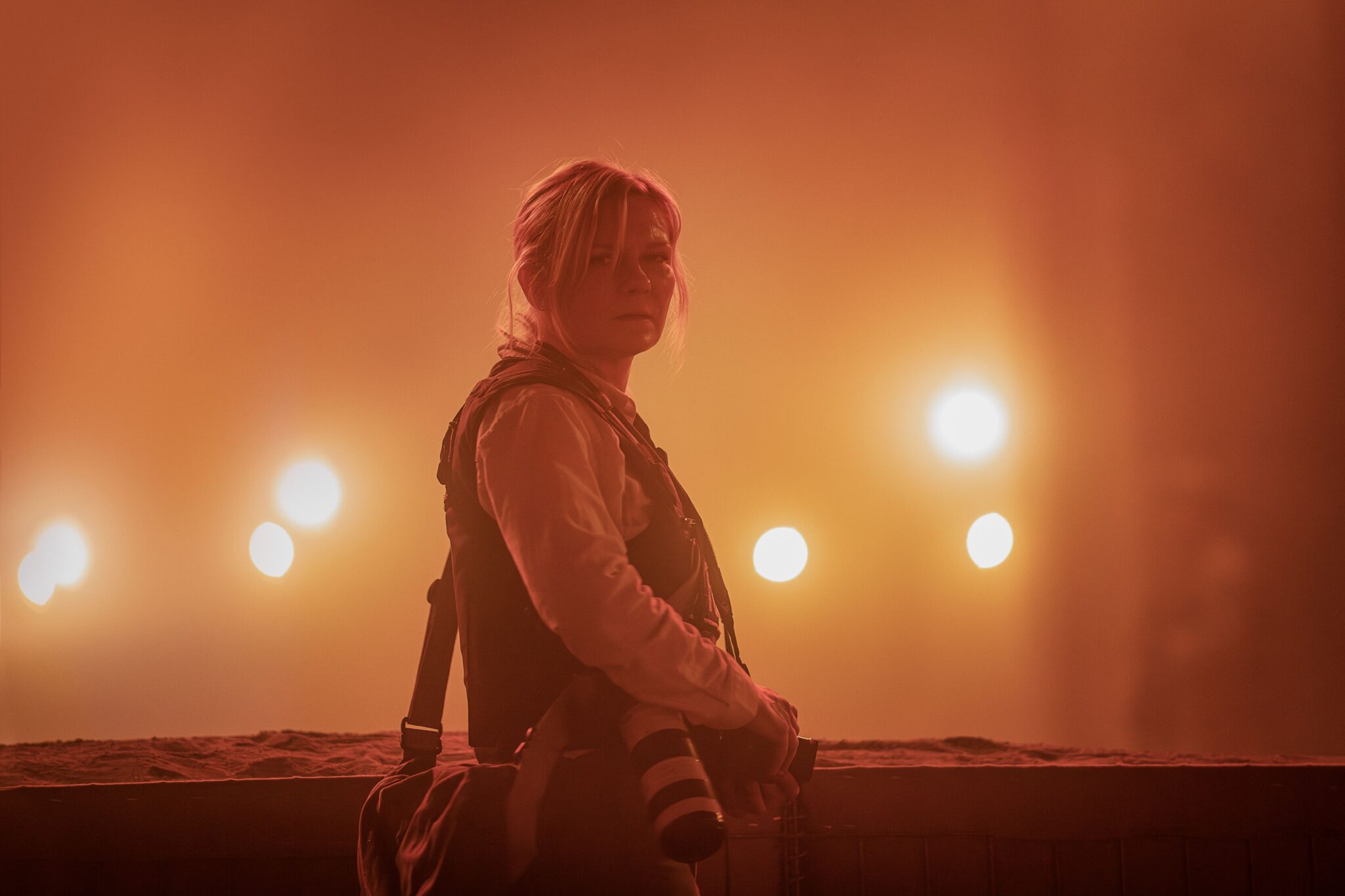We exist only if we are alive to others.
There is more to the truth than facts and history. Stories (even fictional stories) often tell us more about life than all the facts that can be compiled. That is why stories have always been told to describe and define people and cultures. George Miller’s Three Thousand Years of Longing is a story about stories, and about truth, even though it has a fairytale quality to it.
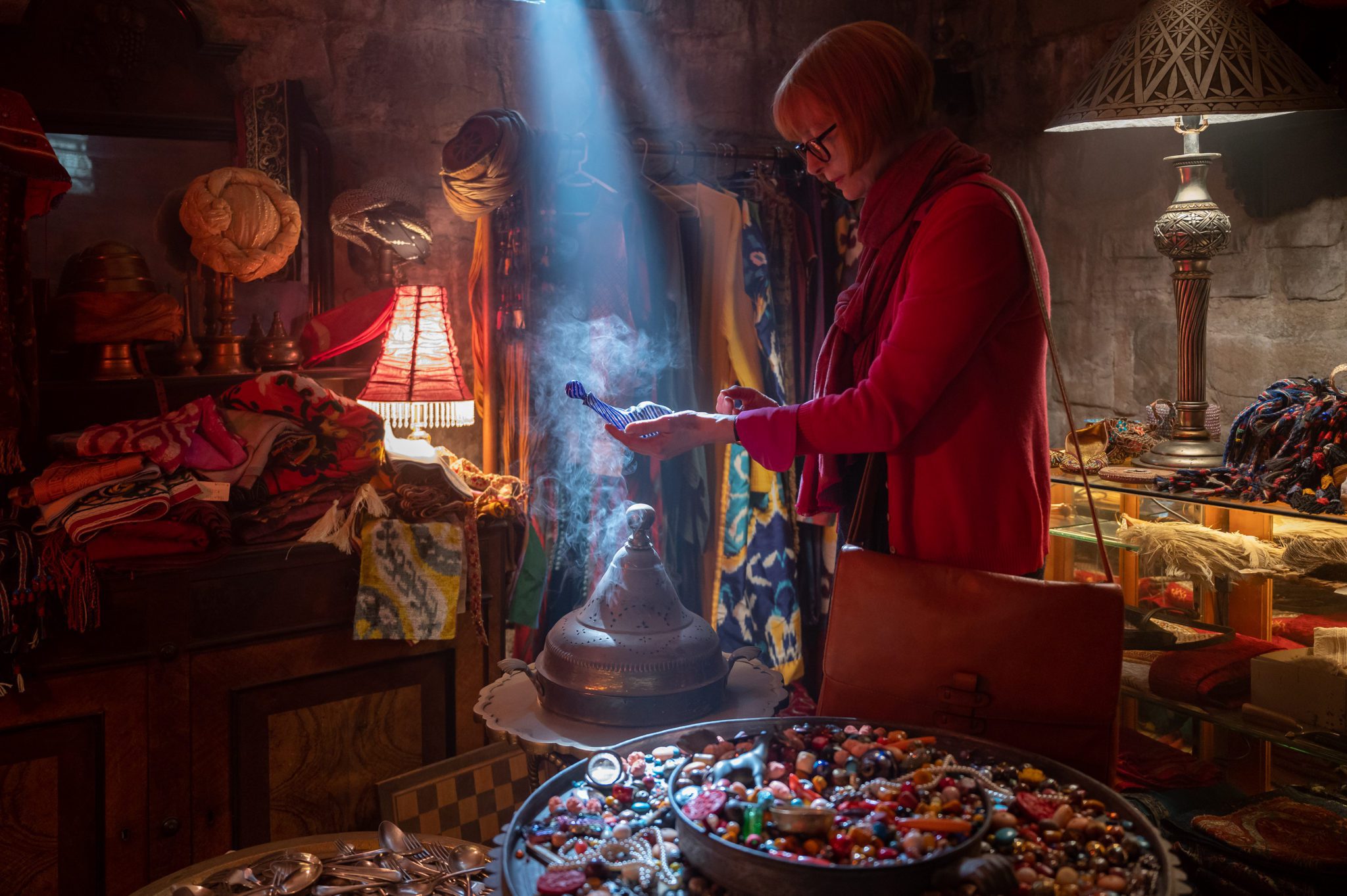
Dr. Alithea Binnie (Tilda Swinton) is a narratologist, an academic who studies stories from many cultures. She seeks to find essential truths in folklore and mythology. While in Istanbul for a scholarly conference she finds an interesting bottle in a shop, which she buys as a souvenir. When she returns to her room and opens the bottle, it fills the room with smoke which coalesces into a Djinn (Idris Elba) who, as is the custom, offers her three wishes. Those wishes are required for him to have his freedom.
Alithea has a hard time believing that Djinns are real, and even if he is real, she knows that all the wish fulfillment stories throughout history all lead to grief. She is reluctant to make any wishes, but the Djinn is desperate to be freed from the bottle. To try to convince Alithea of his reliability, he tells her stories of the three women he had loved that led to his being imprisoned in the bottle for three thousand years. Each of the women had strength and skills. Yet over time, he was never able to gain his freedom, or to find real love.
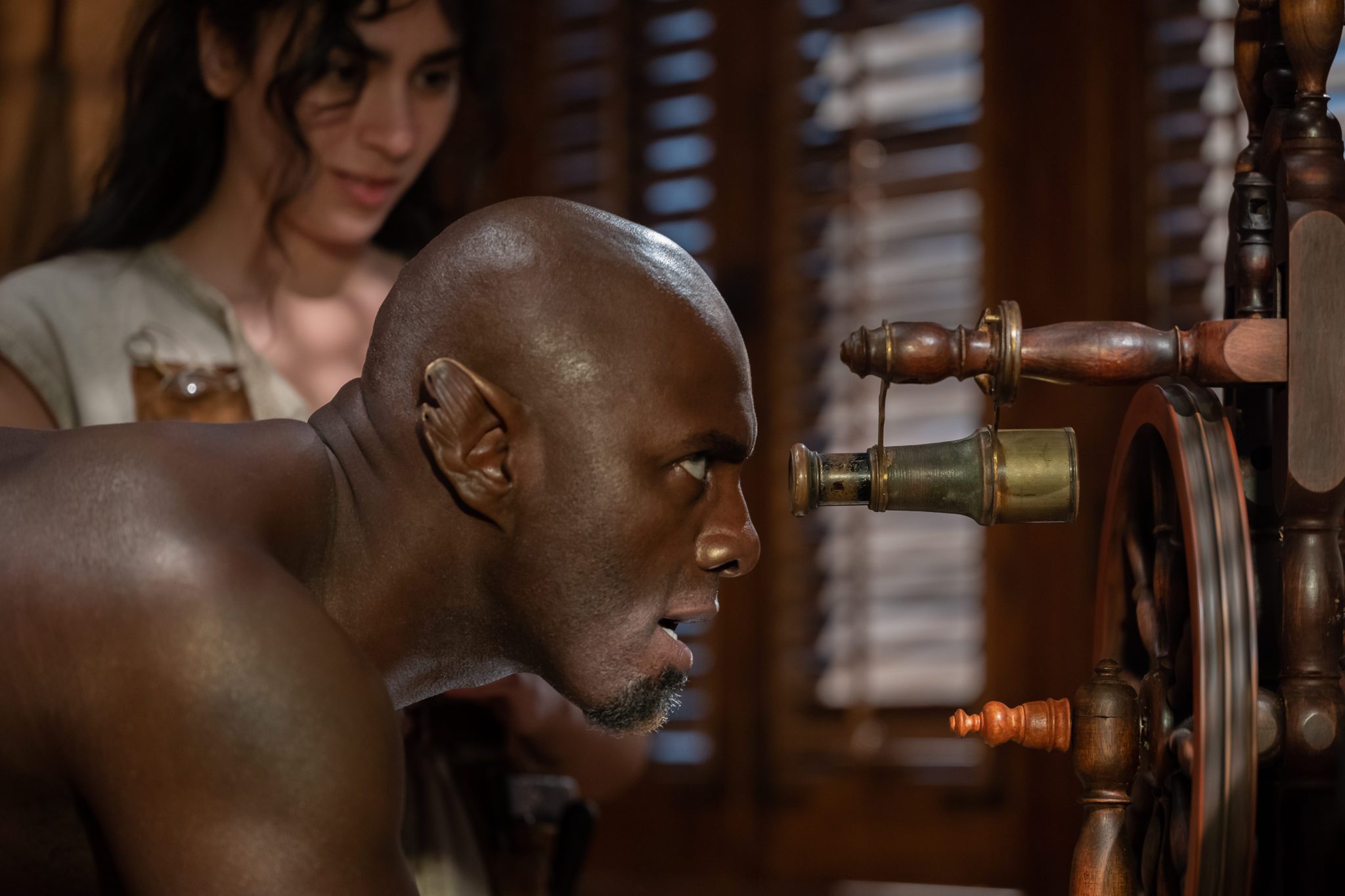
As the Djinn shares the stories with Alithea, she comes to understand him and desires for him to know the fulfillment of a loving relationship, and in time makes a wish that is perhaps surprising to them both. And although, as Alithea points out, all wishing stories are cautionary tales, the two find a time of happiness, but it can never really be what they want.
The first thing in the film to strike me was the opening voice over, as Alithea tells us her name and that the story she is telling is the truth. What many viewers will miss in that opening line is that the name Alithea is derived from the Greek word for truth (al-theia). We can see much of this film as the interacting of two worlds: the academic/scientific modern world, and the ancient world of fairytale, truth and myth. But rather than setting the two in opposition, the film brings them together in such a way that the complement and edify one another.
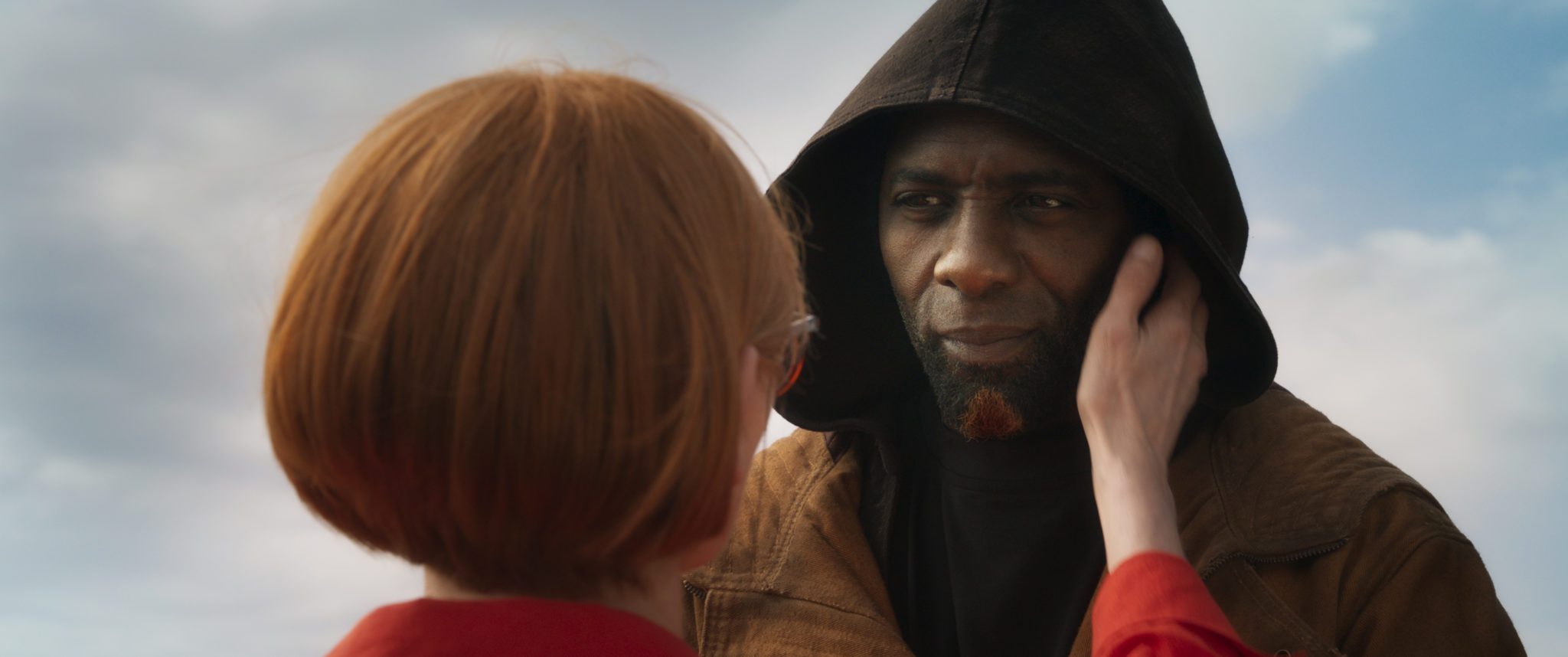
This film focuses on the power of stories. They are not just a form of entertainment. They are the way we convey truth from one generation to another. Primitive societies told stories of nature, the stars, great heroes and gods in order to pass on values. Consider how much of the Bible is made up of stories, including the Gospels. These stories tell us what God is like and how we relate to God. Many of the best sermons I have ever heard, are stories tied together to help us better understand the concepts of faith. All those stories help us to find truth. In the end, we all long for truth as people have for millennia.
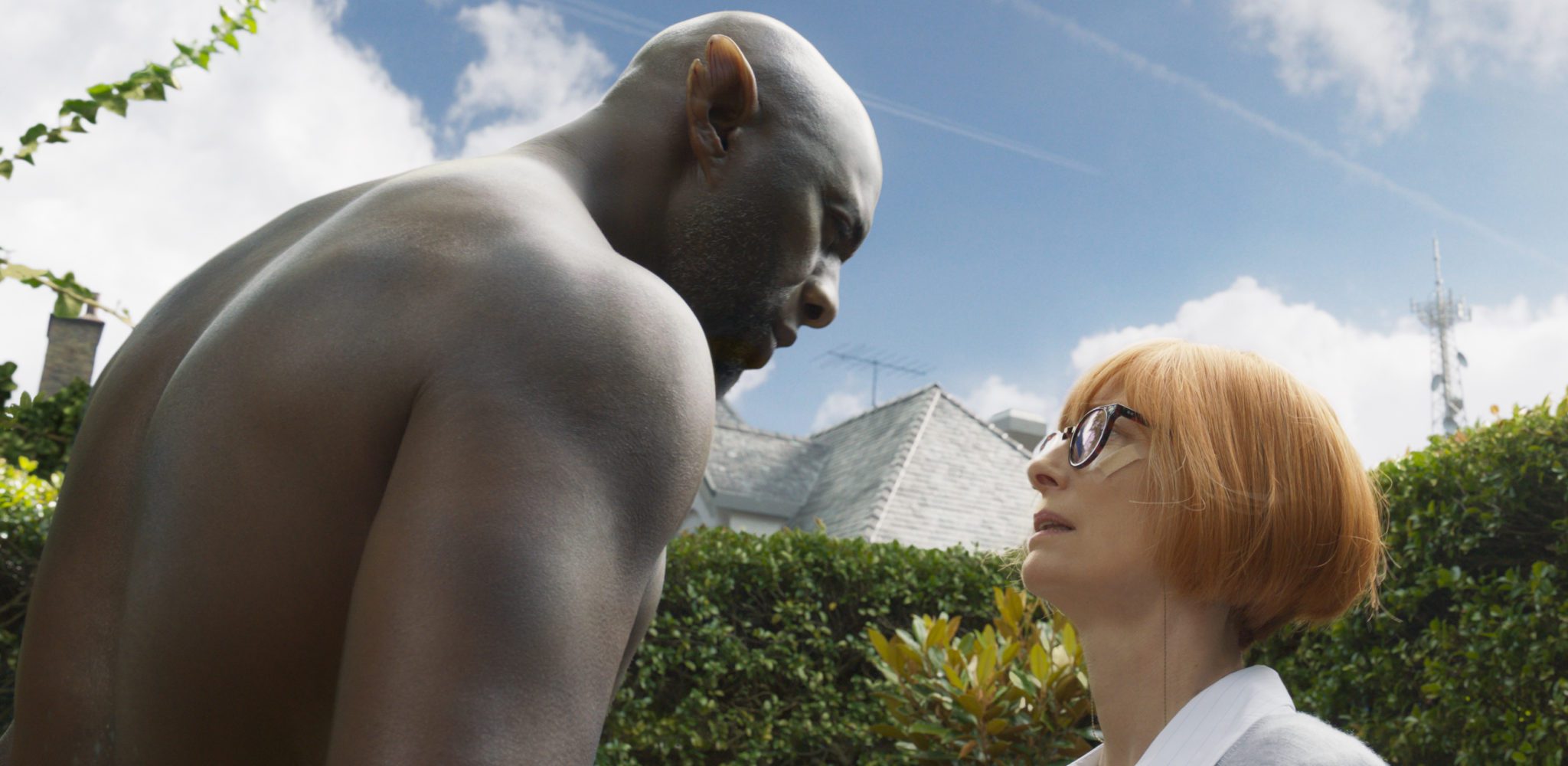
Three Thousand Years of Longing is in theaters.
Photos courtesy of Metro Goldwyn Mayer Pictures


